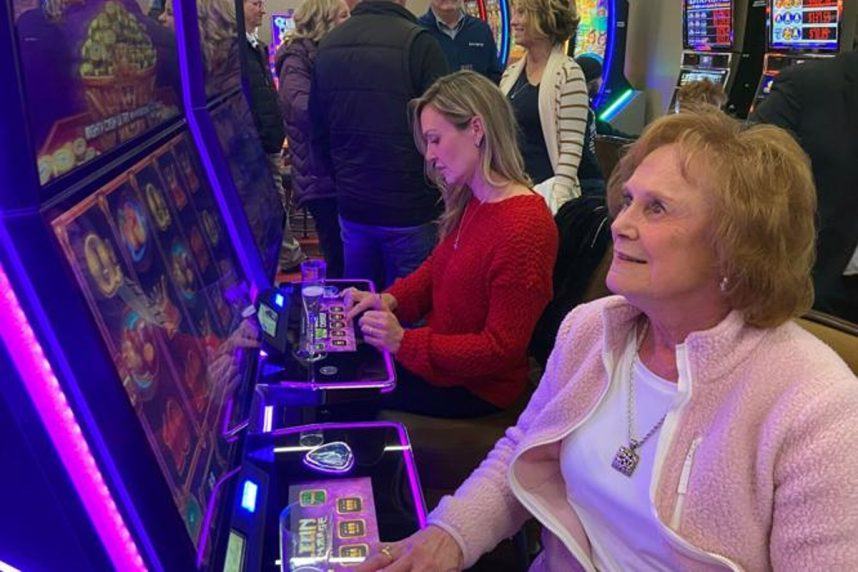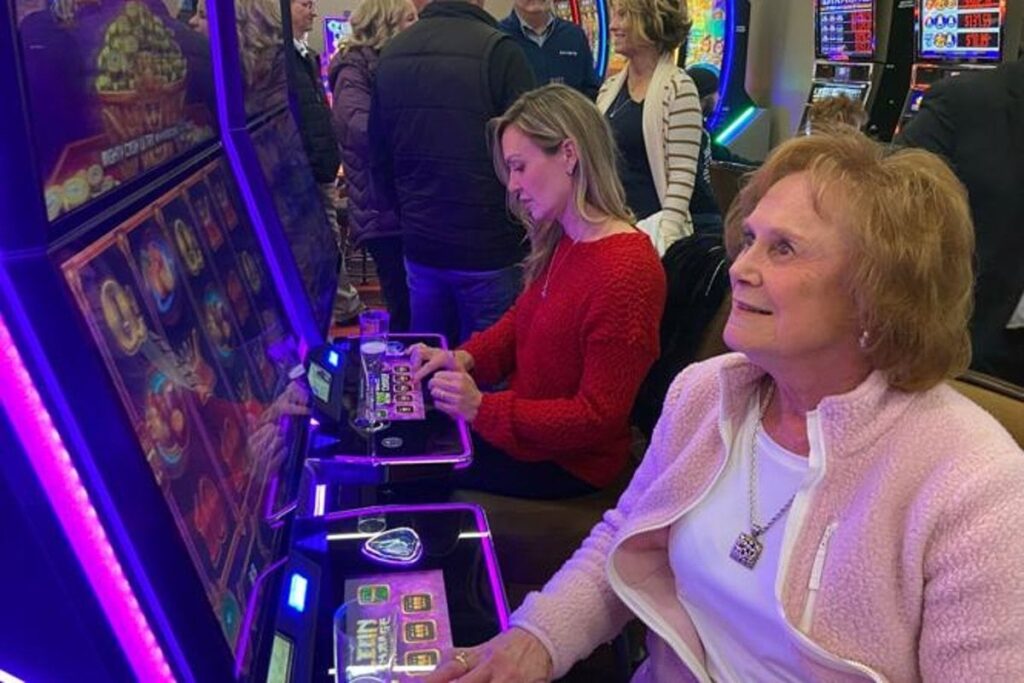Posted on: August 28, 2024, 10:47h.
Last updated on: August 28, 2024, 11:13h.
Nebraska lawmakers and the voting public authorized up to six commercial casinos in 2020 to help ease rising property taxes. Less than four years later, the decision is already paying off for some homeowners.

The Hall County Board of Commissioners continues to finalize its 2024-25 budget. The commission most recently suggested using $819K in funds received from the temporary Grand Island Casino Resort at the Fonner Park horse racetrack to reduce homeowners’ property taxes.
The gaming money will lessen homeowners’ tax bills from $418.28 per $100K valuation to $407.34. On a $250K home, the savings equate to $27.35 a year. While that won’t significantly improve a household’s living conditions, the savings come before the permanent Grand Island Casino Resort even opens.
Fonner Park is located on the southeastern side of Grand Island, a city in central Nebraska roughly 80 miles west of Lincoln that’s home to approximately 53K people.
Provisional Casino Delivers
The interim Grand Island Casino Resort opened in December 2022 inside the Fonner Park grandstand. The provisional casino houses more than 300 slot machines, several live dealer blackjack, roulette, craps tables, electronic table games, and an Elite Sportsbook.
Iowa-based Elite Casino Resorts is behind the Grand Island Casino project. The $100 investment to construct a permanent casino resort that will connect to the Fonner Park grandstand will significantly expand the gaming offering when it opens early next year.
The Grand Island casino floor will feature 750 slots, 20 live dealer table games, and an Elite Sportsbook. Resort amenities are highlighted by a 162-room hotel with a full-service spa, indoor and outdoor pools, and several food and beverage outlets. A show lounge will regularly feature local and regional live entertainment.
Once the permanent property opens, Hall County is expecting to field many more gaming tax dollars from Grand Island’s operations, which will be used to further relieve property taxes on homeowners.
Nebraska’s gaming law requires that casinos share 20% of their gross revenue, or win, with the state. Of the tax, 25% is returned to the casino’s host county and city, split equally with each local government entity collecting 12.5%. Nebraska’s Property Tax Credit Cash Fund takes 70% and the remaining 5% is divided between the Nebraska General Fund and the Compulsive Gamblers Assistance Fund.
Online Betting on Hold
Nebraska Gov. Jim Pillen (R) remains steadfast in his campaign commitment to reduce property taxes. The first-term governor called the Nebraska Legislature back for a special session last month to focus on ways to cut homeowners’ tax bills.
State lawmakers agreed to slash spending by $117 million and use $46 million in state cash reserves to reduce property taxes. The state also plans to raise more than $20 million by increasing fees on certain programs and services.
Lawmakers considered expanding sports gambling to the internet to further raise money for property tax savings. Supporters said allowing the state’s casino sportsbooks to take bets online could generate more than $30 million a year for the state — money that could go to the Property Tax Credit Cash Fund.
There were more opponents than supporters, however, as the unicameral legislature folded on the online sports betting referendum pitch. As a result, online sportsbooks will remain on hold in Nebraska until at least late 2026.




